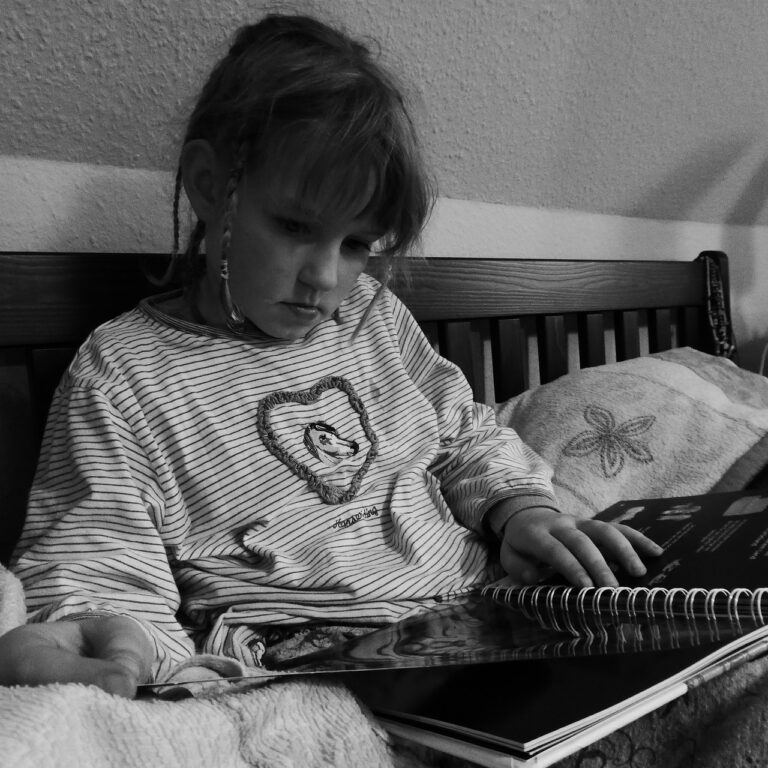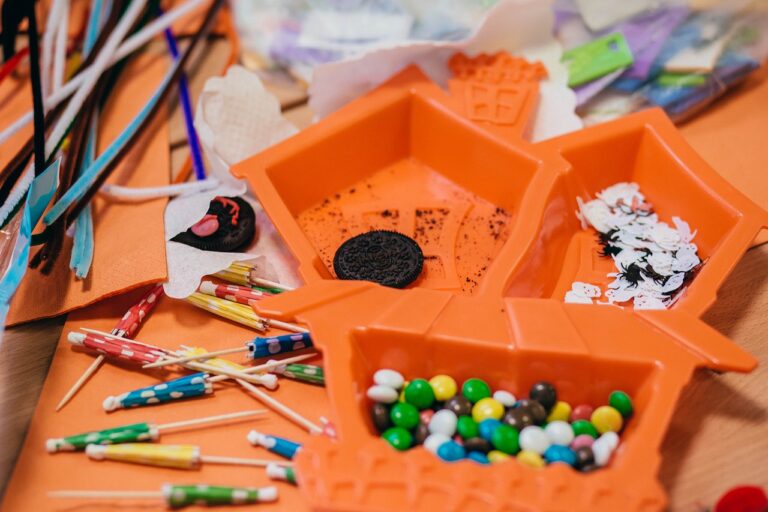Exploring Virtual Reality Physics Games for Conceptual Understanding and Problem-Solving Skills Development
11xplay id, laser247.com login, world777 sign up: Virtual reality (VR) technology has revolutionized the way we experience gaming, education, and even problem-solving exercises. With the advancement of VR tools, more opportunities have emerged for users to explore and understand complex concepts in a more immersive and interactive way. One such area where VR technology has been particularly beneficial is in the field of physics education.
Physics can often be a challenging subject for students to grasp due to its abstract nature and complex mathematical formulas. Traditional teaching methods may not always be sufficient to help students visualize and understand these concepts effectively. This is where virtual reality physics games come in.
By simulating real-world physics scenarios in a virtual environment, these games allow users to interact with physical laws and principles in a hands-on and engaging way. Through trial and error, players can experiment with different variables, observe cause and effect relationships, and ultimately gain a deeper understanding of how the physical world works.
Here are some ways in which exploring virtual reality physics games can enhance conceptual understanding and problem-solving skills development:
1. Immersive Learning Environments
VR physics games create immersive learning environments that transport users to different worlds and scenarios. By experiencing physics concepts firsthand, students can develop a stronger intuition for how these principles apply in various situations.
2. Interactivity and Engagement
The interactive nature of VR physics games encourages users to actively engage with the material and experiment with different solutions. This hands-on approach fosters a deeper level of understanding and retention compared to passive learning methods.
3. Real-Time Feedback
Virtual reality simulations provide real-time feedback on users’ actions, allowing them to see the immediate impact of their decisions. This instant feedback loop helps reinforce learning and encourages users to iterate and improve their problem-solving strategies.
4. Customization and Personalization
VR physics games often offer customizable settings and parameters, allowing users to tailor their learning experience to suit their individual preferences and learning styles. This flexibility can help accommodate a diverse range of learners and ensure a personalized educational experience.
5. Collaborative Learning Opportunities
Many VR physics games support multiplayer modes that enable collaborative problem-solving and teamwork. By working together to solve physics puzzles and challenges, users can enhance their communication skills, critical thinking abilities, and interpersonal relationships.
6. Transferable Skills Development
The problem-solving skills and conceptual understanding gained from playing virtual reality physics games are not limited to the virtual world. These skills can be applied to real-life situations, academic contexts, and future career opportunities, making VR physics games a valuable tool for skill development.
In conclusion, exploring virtual reality physics games can offer a unique and effective way to enhance conceptual understanding and problem-solving skills development. By immersing users in interactive learning environments, providing real-time feedback, and fostering collaboration, these games empower individuals to explore and master complex physics concepts in a fun and engaging way.
**FAQs**
1. What equipment do I need to play VR physics games?
You will need a VR headset (such as Oculus Rift or HTC Vive) and compatible controllers to play VR physics games.
2. Are VR physics games suitable for all ages?
While many VR physics games are designed for educational purposes, some may be more suitable for older children and adults due to their complexity.
3. Can VR physics games replace traditional physics education?
VR physics games can complement traditional teaching methods and enhance learning experiences, but they are not intended to replace formal education entirely.







